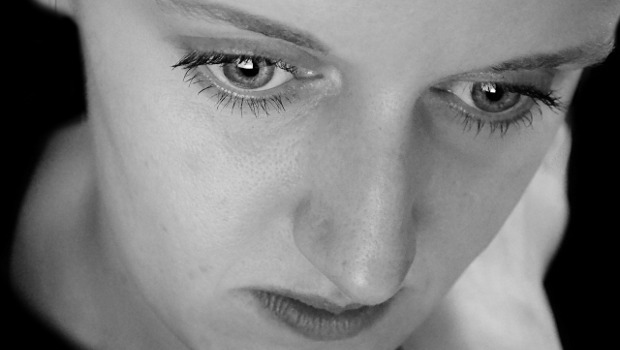Treating the body and the mind after cancer diagnosis

Mental health care, especially for depression, could dramatically improve the lives of cancer patients and survivors
When I tell people I study depression and cancer, I often get one of three responses. Some people say how important mental health is for people with cancer (or anyone, really). Others say something like, “of course they’re depressed; they have cancer.” Some wonder how I can study such a somber topic. In this post, I’ll explain a little about depression, why it’s important to consider depression in cancer, how cancer care is starting to include mental health care, and why I do what I do.
What is depression?
To start, it's helpful to know what health care providers mean when they say "depression." Depression is a set of nine symptoms that are severe and long-lasting enough to merit treatment. These symptoms are:
- feeling sad,
- not being interested in anything,
- having excessive guilt,
- trouble sleeping,
- changes in appetite or weight,
- trouble concentrating,
- low energy,
- agitation or moving slowly, and
- thoughts of death.
At least five of the nine symptoms have to be present most of the time for at least two weeks to warrant a diagnosis of depression. Of course, people diagnosed with depression may have five symptoms for only two weeks or all nine for six months. Even people without a diagnosis may have a few symptoms that affect their lives, which we call minor depression.
For people receiving chemotherapy or other cancer treatment, some of the physical symptoms of depression, such as low energy and appetite or weight changes, may look like treatment side effects. But these are also signs of depression. It’s important for health care providers to realize this when assessing these symptoms. Our recent work found that, although the physical symptoms of depression and cancer treatment can be similar, they are still useful for identifying and monitoring depression in newly diagnosed cancer patients on treatment. While we shouldn’t assume someone is depressed simply because they’re tired, health care providers and cancer patients should be aware of all the physical effects of depression.
Isn't everybody depressed after cancer?
Actually, no. Recent research shows that not everyone becomes depressed after a cancer diagnosis, although more people with cancer are diagnosed with depression than in the general population. About 12–16 percent of people with cancer also have depression, compared to five percent in the general population.
Some of our own work has shown that women with breast cancer can experience symptoms of depression up to 10 years after a cancer diagnosis. In addition, some people have adjustment disorder, which is trouble coping with the stress of a cancer diagnosis but not to the level of depression. It's estimated that 38 percent of people with cancer experience depression, minor depression or adjustment disorder. But this also means that 62 percent are not experiencing these symptoms.
Even though not everyone experiences depression after cancer diagnosis, physicians and other health care providers still need to watch for and address these symptoms. Fortunately, guidelines for oncology care now include recommendations to screen for depression as well as information on how to address these concerns.
Depression can interfere with quality of life and adherence to treatment, so screening and treatment are key in oncology practice. It’s because depression can have such an impact on people’s lives that I do what I do. I hope that depression is identified and treated in people with cancer so they can not only survive, but truly live.
Salene Jones, PhD, is a research fellow and research associate at Group Health Research Institute.


